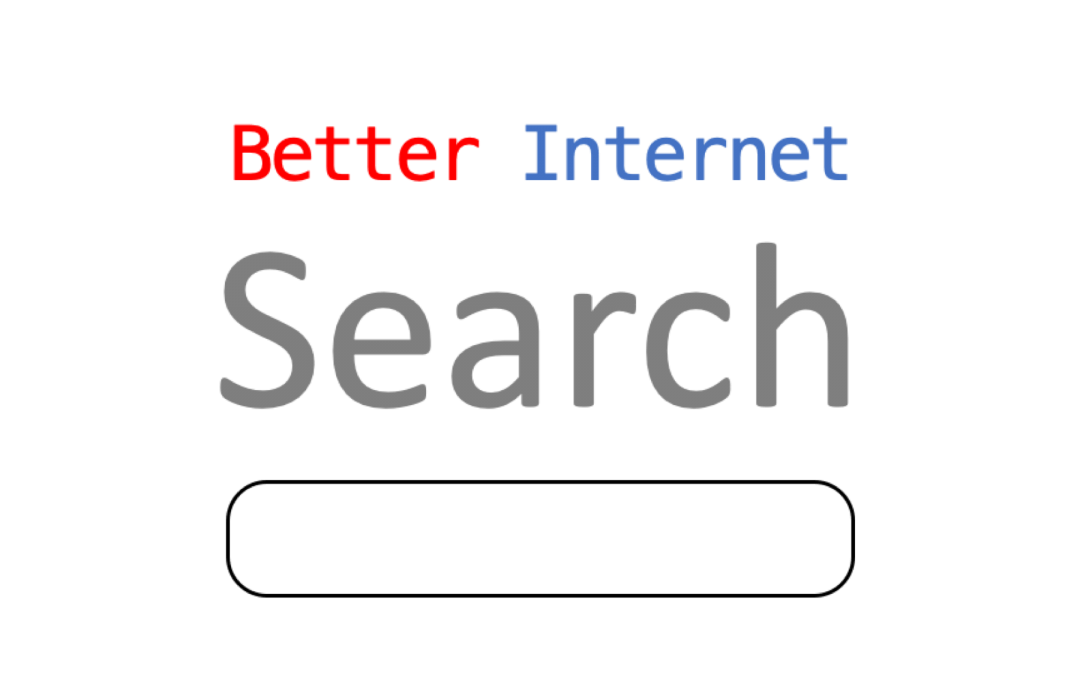Yelling at strangers all day trying to make a living?
Is the internet really broken? Are the days of direct on-line advertising numbered? Could there be a better way to pay for internet services? Are data marketplaces the answer?
There are companies emerging in the personal data space that propose data marketplaces as a revenue generating model – and they have collectively raised a lot of investment. The model assumes you are willing to share your personal data, they will sell your data for you – you get paid for this and, of course, these companies get a cut. The argument goes along the lines of, why should someone like Google get all the advertising revenues from your data. Instead you can use a third party to sell your personal data to advertisers and organisations in order to get a small payback.
Some of these companies claim that “The Internet is Broken” and this is a way to take control of your personal data and fix this. I don’t really buy that, I do believe that the current Internet has significant flaws, in part caused by the ‘free’ services model we have come to expect. However, the idea that getting paid to be advertised to is a potential solution, does not add up for me. There is evidence that we are unhappy with the current advertising model, that we would like improved internet services, but also that we are not willing to pay directly for most services that are currently seen as ‘free’.
 Advertising is a very inefficient model, how many impressions of an advert result in an actual lead or a sale? There are three parties involved in the traditional on-line advertising model but only one of them gets a significant benefit – the adverting company. The seller and the consumer seem to get the poor end of the bargain but have limited powers due to a lack of competition. The consumer gets constantly bombarded with unwanted advertisements, the seller has to pay the cost of this inefficiency in order to gain on-line exposure to customers. An oligopoly exists in on-line advertising with Google and Facebook owning over 60% of the worldwide market and these companies hold monopoly positions with search and social media respectively. These ‘free’ internet services are the source from which our personally identifiable information (PII) is harvested in order to power the ad machine.
Advertising is a very inefficient model, how many impressions of an advert result in an actual lead or a sale? There are three parties involved in the traditional on-line advertising model but only one of them gets a significant benefit – the adverting company. The seller and the consumer seem to get the poor end of the bargain but have limited powers due to a lack of competition. The consumer gets constantly bombarded with unwanted advertisements, the seller has to pay the cost of this inefficiency in order to gain on-line exposure to customers. An oligopoly exists in on-line advertising with Google and Facebook owning over 60% of the worldwide market and these companies hold monopoly positions with search and social media respectively. These ‘free’ internet services are the source from which our personally identifiable information (PII) is harvested in order to power the ad machine.
In a 2009 blog Seth Godin, the pioneer of permission marketing , was repeating a point about not needing many customers, but needing good loyal customers, to make a living, and he talked about “yelling at strangers all day trying to make a living” which pretty much sums up the current on-line advertising model, and he went on to say “You don’t find customers for your products. You find products for your customers.” which begins to describe an on-line brokerage model that I believe can be used to erode the on-line advertising model. Displacement of the current model will not happen overnight for a number of reasons; first – the on-line advertising oligopolies will defend their current lucrative position, secondly – although the model might be more efficient in the long run it will introduce some inital pain for the seller adjusting to a new model, and finally – it requires the creation of new services to efficiently join up buyers and sellers.
 There are many examples of very successful brokerage companies working in niche areas. In the UK two of the largest online companies Money Supermarket and Skyscanner offer services that find their customers what they are looking for efficiently. Worldwide; Ebay, Uber, Airbnb & Kayak are all examples of highly successful companies running efficient brokerage models. Consider the conversion rate and value of a visitor to one of these sites compared to on-line advertising. It has been estimated that the average citizen is exposed to more than 5000 adverts every single day ( J Walker-Smith, Yankovich Inc.
), so how can you possibly gain attention in such a marketplace without a strong brand and a lot of marketing budget? Unfortunately, if you are a small company playing this game you may well spend all day yelling at strangers, and may not manage to make a living, even if you do have the best product.
There are many examples of very successful brokerage companies working in niche areas. In the UK two of the largest online companies Money Supermarket and Skyscanner offer services that find their customers what they are looking for efficiently. Worldwide; Ebay, Uber, Airbnb & Kayak are all examples of highly successful companies running efficient brokerage models. Consider the conversion rate and value of a visitor to one of these sites compared to on-line advertising. It has been estimated that the average citizen is exposed to more than 5000 adverts every single day ( J Walker-Smith, Yankovich Inc.
), so how can you possibly gain attention in such a marketplace without a strong brand and a lot of marketing budget? Unfortunately, if you are a small company playing this game you may well spend all day yelling at strangers, and may not manage to make a living, even if you do have the best product.
Once we can capture rich data on the client-side we can begin applying brokerage, affiliate and referral models that will benefit the citizen across, not just niche areas, but all products and services. This will provide more efficient sales channels to sellers and ultimately erode the advertising revenues of the existing oligopolies. Machine learning and AI can be much more effective on the client-side where we can trust our that our personal data is only being used by digital agents working to our agenda (we may even use blockchain to make this transparent), as opposed to the current secret agents working to their own agenda.
The post Yelling at strangers all day trying to make a living? appeared first on Trisent.










